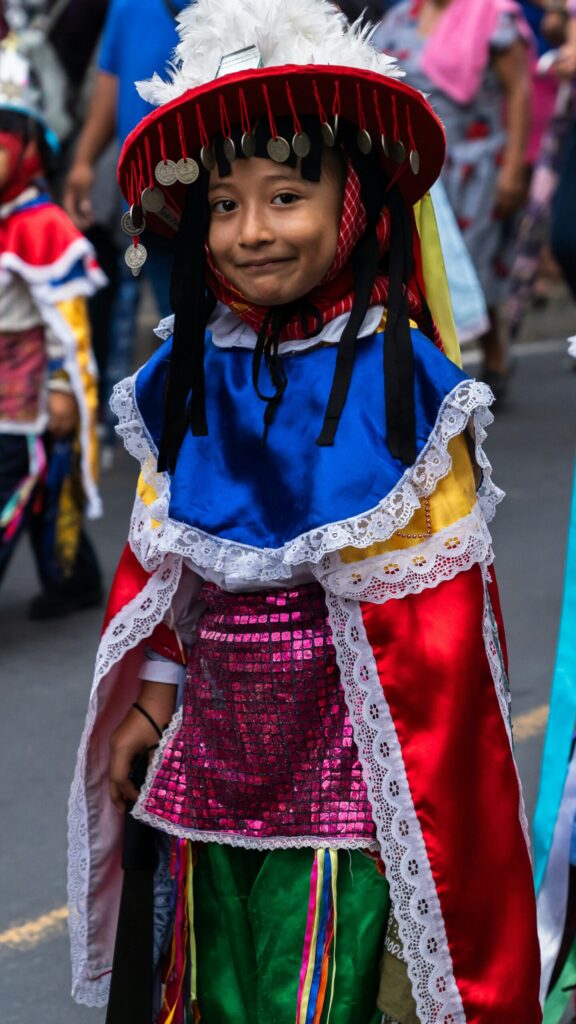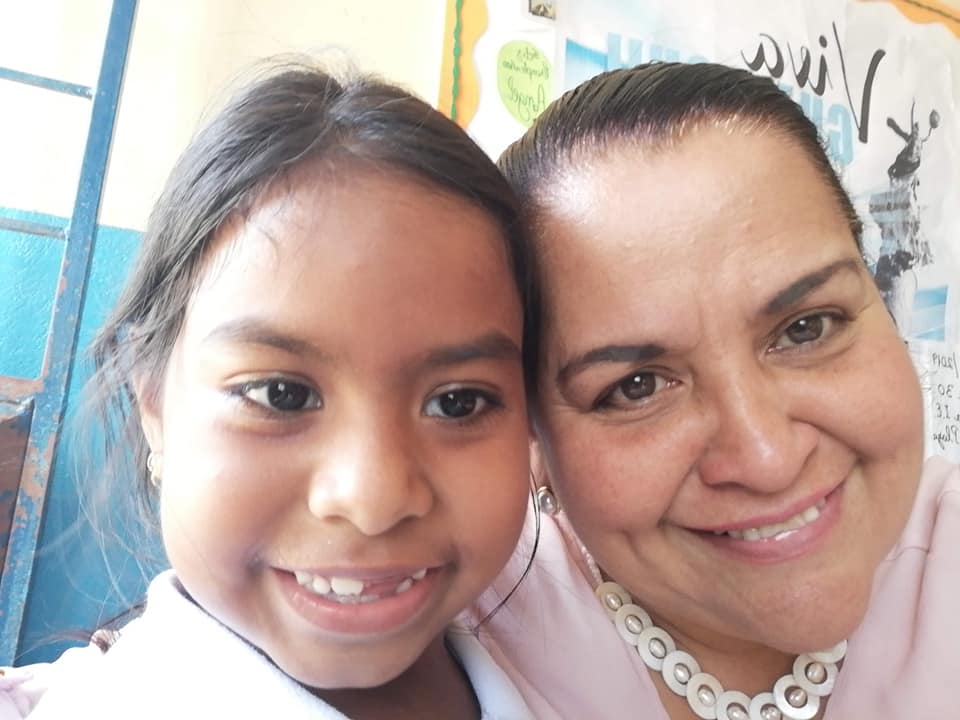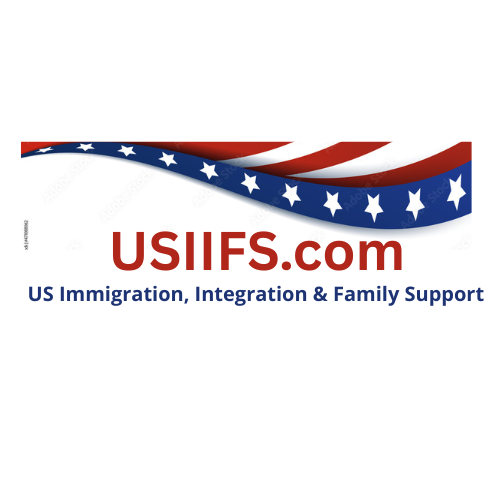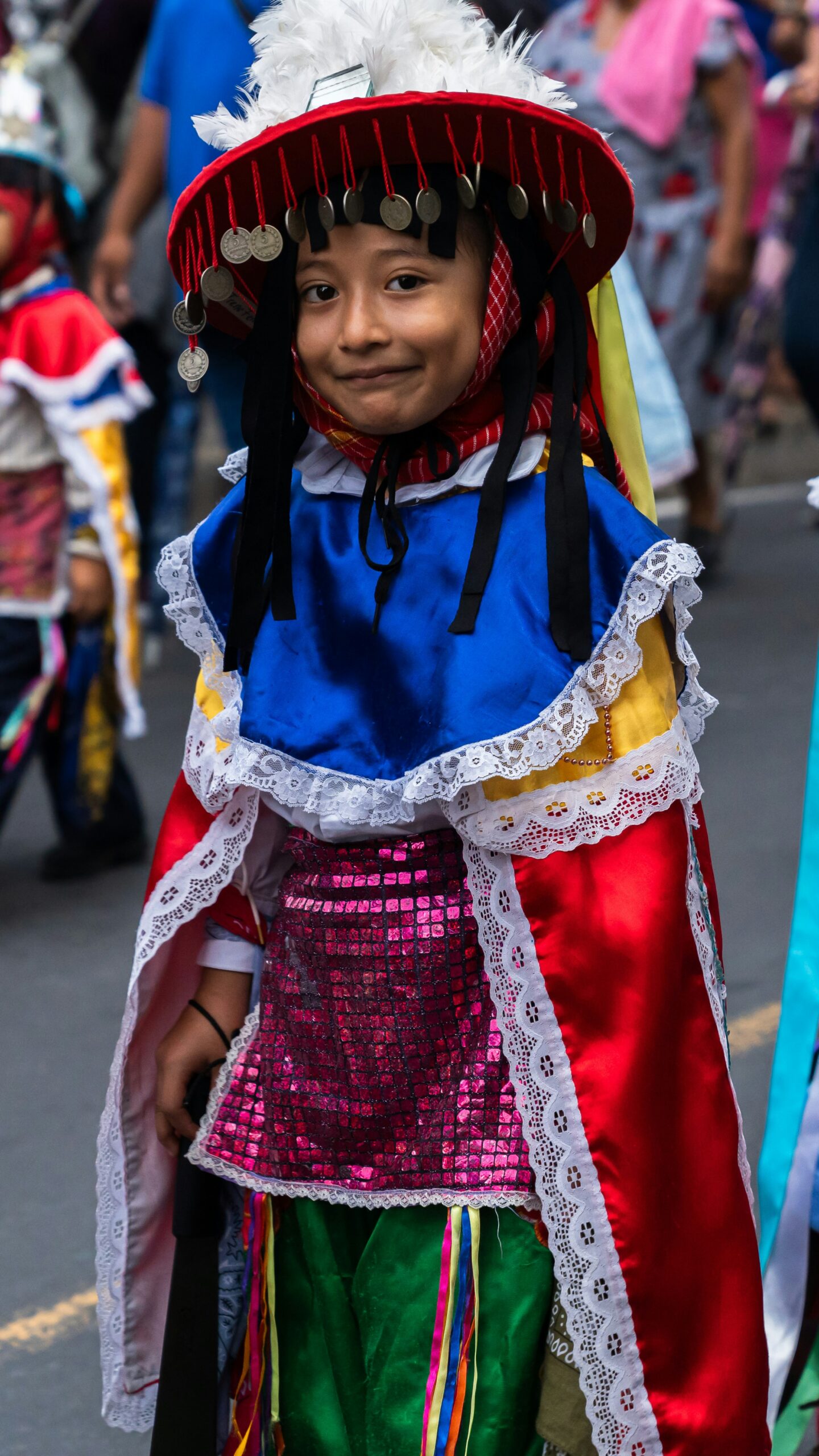By Ing. Teresa Ruiz Pedersen
 Between the years 2006 and 2021, the Republic of Ecuador was governed under the regime of the Citizens’ Revolution and the Alianza País political party. During this period, the Constitution of the Republic and other laws—among them the Migration Law—were repealed, and a new constitution and new migration laws were enacted. These changes allowed the indiscriminate entry of citizens from Venezuela, Colombia, and other countries, whose backgrounds were not verified by immigration authorities. This led to an uncontrolled influx of foreigners, triggering a social, moral, and economic internal crisis.
Between the years 2006 and 2021, the Republic of Ecuador was governed under the regime of the Citizens’ Revolution and the Alianza País political party. During this period, the Constitution of the Republic and other laws—among them the Migration Law—were repealed, and a new constitution and new migration laws were enacted. These changes allowed the indiscriminate entry of citizens from Venezuela, Colombia, and other countries, whose backgrounds were not verified by immigration authorities. This led to an uncontrolled influx of foreigners, triggering a social, moral, and economic internal crisis.
In this article, we will analyze how the flawed implementation of socialist migration models tragically affects the real-life dynamics of a nation. We will also explore how the institutionalization of corruption through legal loopholes led Ecuador into an unprecedented internal war with terrorist groups. In this series of articles, we will examine how the reckless repeal of long-standing laws even inspired the U.S. government to reassess its state-level political decisions on immigration issues.
The objective of this article is to highlight the legal loopholes in migration laws in order to educate Latin American youth about the importance of political education grounded in values, enabling them to vote consciously and responsibly when the time comes. We will also help readers understand that Ecuador is not alone and has allied countries in the region—such as the United States—that collaborate in the fight against internal and external disorder and violence.
The Repealed Migration Law (1)
The Migration Law, repealed in 2017, primarily regulated the control of illegal immigration to safeguard Ecuador’s national and international security. This law included:
-
Inspection of means of transportation, interrogation of foreigners, and inspection of their belongings when illegality was suspected.
-
Denial of entry or exit to individuals not complying with legal and regulatory norms.
-
Compliance with police examinations, including arrest and referral of foreigners hindering police actions to the appropriate judge.
-
Arrest of foreigners who violated the law and attempted to evade police action, pending a judicial detention order.
-
Restricted transit through international ports, within set hours.
-
Requirement to identify themselves with documents validating their migratory status (national, tourist, business, etc.).
-
Prohibition of entry for unaccompanied minors without authorization.
-
Denial of entry to foreigners with serious, chronic, or contagious diseases, or who failed to register with the Ministry of Government, Religion, Police, and Municipal Affairs.
-
Deportation of foreigners convicted in Ecuador after serving their sentences, and of those unable to be tried due to lack of territorial jurisdiction.
-
Migration police officers could provisionally admit foreigners seeking political asylum, verifying their international criminal history.
The Organic Law of Human Mobility (LOMH) – 2017 (2)
The 2017 Organic Law of Human Mobility (LOMH) abolished the aforementioned migration law, which had controlled the entry of criminals, drug traffickers, and common delinquents into Ecuador. The new law institutionalized a framework promoting:
“The principle of universal citizenship, the free mobility of all people on the planet, and the progressive end of the condition of being a foreigner as a transformative element of unequal relations between countries, especially between the North and the South.”
 While this principle sounds noble and humane in theory, it opened the door for individuals of questionable background to enter Ecuador freely, unimpeded. It eliminated even the most basic security checks on immigrants. Protected under this principle of universal citizenship, articles promoting national security and international police cooperation were disregarded. Many criminals entered Ecuador while fleeing justice in their home countries.
While this principle sounds noble and humane in theory, it opened the door for individuals of questionable background to enter Ecuador freely, unimpeded. It eliminated even the most basic security checks on immigrants. Protected under this principle of universal citizenship, articles promoting national security and international police cooperation were disregarded. Many criminals entered Ecuador while fleeing justice in their home countries.
Key oversights and omissions in the new law included:
-
The total decision-making authority for refugee admission was delegated to the Ministry of Foreign Affairs and Human Mobility (MREMH), excluding input from law enforcement agencies.
-
Certain individuals were exempt from identification requirements, which allowed locals and indigenous people to cross borders without ID or passports.
-
The lack of document verification enabled criminals, murderers, terrorists, fugitives, etc., to disguise themselves, for example, as indigenous people from Otavalo, and enter the country without any identity checks.
-
Using the pretext of universal citizenship, human trafficking rings, prostitution networks, child abduction groups, and organ smugglers entered Ecuador without being subject to even routine security screening.
-
The law also allowed free movement for South American citizens from UNASUR member countries, although most UNASUR members later withdrew.
More Legal Inconsistencies in LOMH 2017
Other inconsistencies and legal gaps included:
-
No clear designation of authority over migration control—the President held that power.
-
The regulation was only issued six months after the law was enacted. It was then that the MREMH was officially named as the responsible body for human mobility.
-
The responsibility of proving the need for international protection (asylum, refugee status, statelessness) also fell solely to the MREMH.
-
Identification requirements for entry and exit were not uniform.
-
For cases of international protection, requesting criminal records from the country of origin was prohibited—thus, individuals seeking asylum were not vetted for criminal backgrounds, such as being on DEA or FBI most-wanted lists.
-
Lack of ID did not prevent someone from applying for asylum; instead, they were issued a humanitarian visa and given 90 days to apply for asylum. If approved, they received a two-year temporary visa (although the 1951 Refugee Convention allows for up to three years). Public officials were obligated to escort asylum seekers to the appropriate authorities.
-
No part of the law empowered migration authorities to perform judicial police duties.
-
A 2019 decree (No. 826) finally introduced visa requirements for Venezuelans entering Ecuador.
Conclusion
The goal of the LOMH 2017 was to recognize the right of every person to migrate, meaning no human being could be considered illegal based on their migration status. In other words, Ecuador legally institutionalized social and migration-related corruption that continues to damage the nation’s economy, security, and quality of life.
This analysis also found that around 1.8 million foreigners entered and stayed in Ecuador between 2015 and 2019, with 97% reportedly being Colombians. UNHCR later reported that by June 2021, 430,000 Venezuelans were living in Ecuador, and that around 670 foreigners entered the country irregularly each day, without being registered or counted.
Fortunately, due to the legal and operational collapse caused by this law, the Ecuadorian government in 2019 began requiring visas for Venezuelans.
Today, Ecuador is battling terrorist groups and both national and international drug trafficking organizations that promote lawlessness and corruption, plunging the country into dangerous instability. The current president, Mr. Daniel Noboa, has been trying to restore order since November 2023.
We also see that under the current U.S. administration of Mr. Donald Trump, measures are being implemented to deport criminals back to their countries of origin to face justice for crimes they fled from. The United States has reiterated its commitment to bilateral cooperation through international law treaties to support continental security and eliminate ideologies disguised as peace, which threaten the safety and welfare of Ecuadorians.
This is a task that every Ecuadorian, whether in the country or abroad, must support so that such a tragedy never happens again. No Ecuadorian should enable unaccompanied minors to cross the Ecuadorian border alone. Even more so, they should not be assigned a public defender, as this increases the financial burden on Ecuadorian taxpayers.
Every Ecuadorian must remember how events unfolded legally, and recognize that if someone is supporting disorder and crime, it’s because they don’t like to read, don’t care about values, or worse—they’re part of the national and international mafias that aim to destroy the country. We must love the land we live in and fight to ensure that Ecuador’s principles and values are respected.
Source:
Based on the thesis “Situational Analysis of Refugees Hosted by Ecuador and Colombia 2015–2019” by Ing. Teresa Ruiz Lalama for the Master’s in International Law, Cooperation, and International Relations.
Need help immigrating legally to the U.S. or need legal/business assistance in the U.S.?
📩 Email: info@usiifs.com
📞 Phone: +1 502-495-8444 / +593 98-380-3826
🌍 Website: www.usiifs.com
📍 Office: 1961 Fawn Meadows Cir, St. Cloud, Florida 34772

